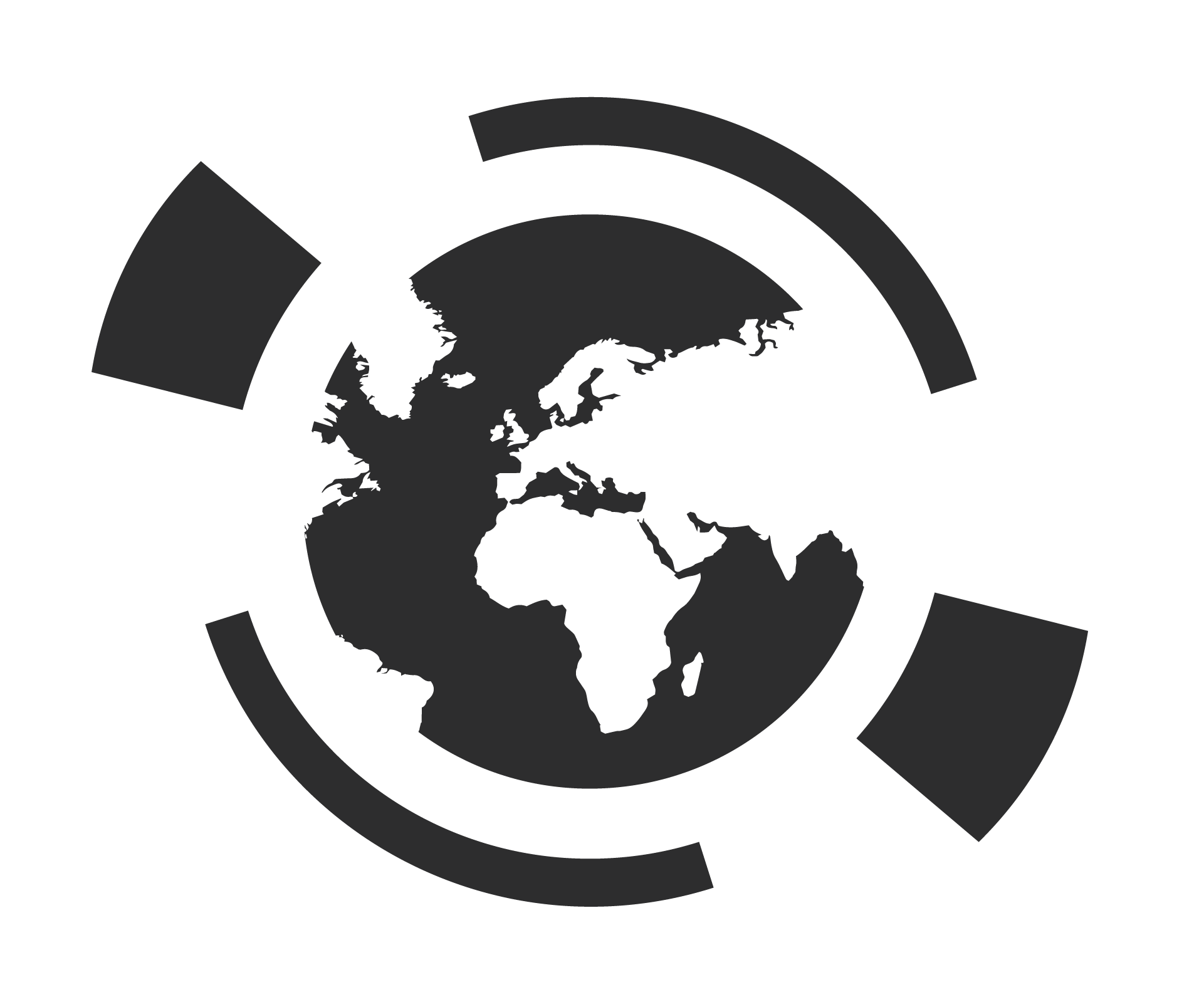Adonai simply means “Lord”. If you are in Israel and you want to say, “excuse me sir”, you’ d say, “slicha adon”. Adon means sir, and Adonai is a grander version of that, referring to God. It’ s what Jewish people say instead of Jehovah or Yahweh since we are still not sure how that should be pronounced. Whenever you see LORD capitalised, in the Hebrew text you will find the four-letter name of God that he gave to Moses at the burning bush (????). However, throughout the Bible, we often see the word Adonai or Lord followed by a description… the Lord of Hosts, for example. Here, I want to look at two of the descriptions attached to the name for God that tell us something wonderful about who he is.
The first is Adonai Yireh (pronounced year-eh), which you might also know as Jehovah Jireh. The context was of God providing a lamb to sacrifice, thus saving Isaac’ s skin. Quite literally. What I didn’ t realise till shockingly late in the day was the place of this near-philicide was the very mountain that God himself took his own Son to be sacrificed. Mount Moriah was the spot that David and God agreed upon to build the temple, and is where the city of Jerusalem stands today. Isaac climbed up that same mountain, carrying the wood on his back that would be for his own sacrificial death. Just as Jesus did, 2000 years later. Abraham’ s sacrifice of Isaac (“The Binding” as Jewish people call it) was a deeply prophetic picture of what was to come, and the first time that the word “love” appears in the Bible. You might know the name Jehovah Jireh as meaning “the Lord will provide”, since that is what it means in the context. But the funny thing is that word itself is from the root word “to see”. It literally means “God will see” – perhaps as we might say, “I’ ll see to it” or, “I’ ll take care of it”. God saw the need and he took care of it, as a pointer to the most tremendous cosmic event the universe will ever know. He saw our need for salvation, and took care of it. Jehovah Jireh is the God who sees the need and provides, even when it costs him his only Son. A Jewish translation of Genesis 22:14 says, “And Abraham called the name of that place Adonai-jireh; as it is said to this day: ‘In the mount where the LORD is seen.'” God was indeed seen on that mountain in the agony of the crucifixion, and he will be seen there again in glory.
The second epithet is Adonai Roi (Roh-ee), which means God who sees. Similar, yet different. This name occurs in the parallel story with Hagar. Sarai had offered her slave girl to Abram, but when Hagar became pregnant, Sarai complained that Hagar despised her from her new vantage point. Sarai abused Hagar until she ran away to the desert, but God cares for the oppressed, and he met her there.
“Hagar, slave of Sarai, where have you come from, and where are you going?”
“I’ m running away from my mistress Sarai,” she answered.
Then the angel of the Lord told her, “Go back to your mistress and submit to her.” (Genesis 16:8-9) In verse 13 Hagar responds, “You are the God who sees me,” for she said, “I have now seen the One who sees me.” Later on, she would call her son Ishmael: God hears.
On the one hand, both stories show God’ s awareness of the need and his willingness to provide. God cares for both boys, rescuing them both from death, and has a different destiny for each one. On the other hand, God has a far greater plan brewing that was to be exclusively through the seed of Isaac. That plan was not just for the blessing of Isaac himself, but was to affect all the families of the earth – including the descendants of Ishmael.
God has purposes and plans that may not make sense to us and may even involve pain and suffering. I cannot imagine Isaac’ s feelings towards his father after “The Binding”. It would take years of therapy to iron out those kinks. Equally, for the not-chosen Ishmael, the pain and rejection that he and his mother must have gone through doesn’ t bear thinking about. Yet God in his sovereignty continued with plan A and was undeterred by Sarah’ s efforts to intervene by hanging Hagar out to dry. There was a lot more going on than met the eye. They couldn’ t possibly have imagined it at the time, but God saw. He saw it all. He simultaneously saw the present need with the twists and turns of that dysfunctional household, but also the grand future plan of redemption for all the dysfunctional families of the earth.
When we are in prayer, we need to be aware of this truth about God – he is Adonai Roi and Adonai Yireh. The LORD God who sees and the LORD God who will see to it: Aware of your present trouble and looking far ahead at the same time, planning to provide on a greater scale than you can imagine. He does see and hear our present pain, he does provide what we need in the here and now, but he also has great and wonderful plans that we in our distress can’ t even dream of from here. He sees it all, he hears our cries, and he will take care of everything in due time.
Jo Blower is a guest writer and works for Agape in Birmingham and has a passion for Israel.




